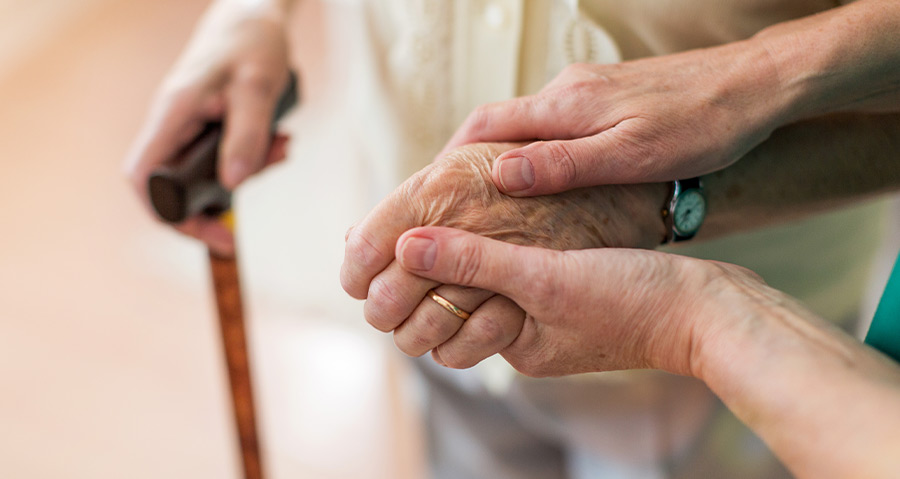Lynne Hagon, Registered General Nurse and Clinical Lead at Great Oaks, an Encore care home, explains about holistic care:
What is holistic care in palliative care?
Holistic care focuses on the whole person, not just the condition. It looks at how the individual is dealing with the situation, their mental health, diet, and any issues that they are experiencing. Holistic care provides a support system to keep spirits up, and ensure that residents are connected with friends and family as much as possible, whether that is in person with frequent visitors, or via regular video calls.
How is holistic care provided to palliative patients?
Firstly, nurses assess their patients/residents by speaking to them and their relatives. In holistic care, nurses notice any changes and treat the resident or condition accordingly. Residents are given support, or referred on to a nursing service that is specifically trained in palliative care support, such as Macmillan. Holistic care is about recognising when things change and being there to support the individual and their family physically, emotionally and spiritually. They can also refer or recommend additional support services, such as financial support.
What are the 5 areas of holistic health care?
Holistic care encompasses more than just the physical condition. To live well and live every day to the fullest, in the happiest and healthiest way possible, all five key areas of holistic health care must be addresses. The five areas of holistic health care are:
- Physical – Physical health is often what people associate with health first. Our bodies often show signs or symptoms that suggest we are in good health, or that we might need medical attention.
- Emotional – Emotional health is just as important as physical health because it can affect our physical health if it is not properly addressed and taken care of. It is important to be mindful of daily moods and emotions, and to be aware of our emotional wellbeing.
- Social – Community and support is vital to our wellbeing. Most people are at their happiest when they connect with family and friends.
- Mental – Mental health refers to our cognitive abilities that affect how our brain functions. Keeping the mind active with learning opportunities and problem-solving activities, as well as avoiding excessive drinking, smoking and drugs will aid brain functionality.
- Spiritual – Connecting with your inner soul and the wider world around you assists in spiritual wellness. Those that are religious may take the time to practice their faith, whilst those that are not might choose to take time out to meditate or spend time outdoors in the fresh air.
What is an example of holistic care?
An example of holistic care is the management of the expectations of the family and the resident. It is helping them to understand the stages and phases of their condition. Holistic care supports them to realise that their illness might be long, or that it is progressive, and the end stages of the condition could happen quickly.
Holistic health care supports the grieving resident to accept their condition and how to make the most of every day by living as well as possible. It also supports the family members to accept the prognosis and understand the stages of the condition and how best they can support their loved one.
Palliative Care at Encore Care Homes
At Encore Care Homes our end of life care enables us to help you, or your loved one to live as comfortably as possible and to ensure, without compromise, that you, or your loved one passes away with respect and dignity.
Find a palliative care home near you.




